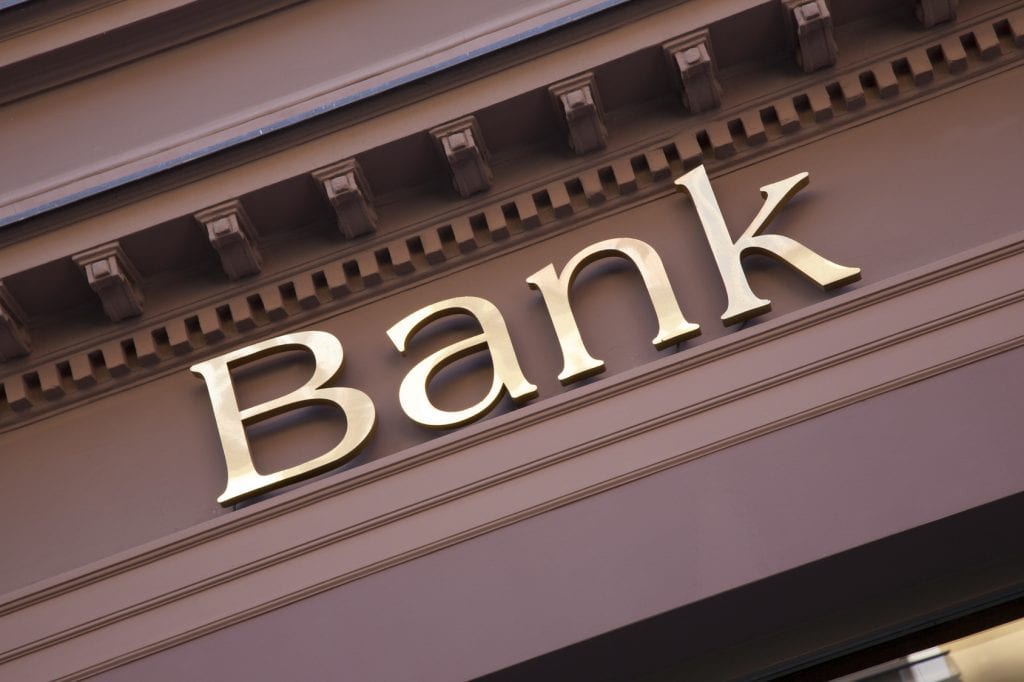The lure to apply an innovative solution, and thereby capture recognition as being innovative in doing so, holds a great deal of appeal for some of us. Bitcoin’, and other crypto currencies, history thus far has been one of fits and starts. Whether or not established financial institutions will be able to integrate to Bitcoin and blockchain (distributed ledger technology) in some impactful way remains to be seen, but all large FIs are keeping a close eye on developments.
Bitcoin’s rise to prominence is causing a global rethink of the concept of money. For thousands of years, gold was the currency of the land, and many of gold’s qualities have allowed it to stand the test of time. As civilization developed and industrialized, ruling bodies learned that printing a government’s own currency, called fiat, was a more convenient and easier method of distributing wealth in society.
Gold, like anything else, has value primarily because humans have attached value to it over time. Any economic item is only worth what someone is willing to pay for it. Society, and now economies have placed value on the shiny metal, thus perpetuating its worth.
Bitcoin is a more transportable version of gold.
Crypto-currency, and the distributed ledger integral to its viability, does indeed provide an alternative avenue for the exchange of fiat value in financial transactions. A period of refinement and gradual environmental modification was necessary before a seemingly overnight widespread adoption. Perhaps an appropriate analogy would be the use of bills of deposit or the double entry system of accounting which were indeed a financial innovations which eventually came into use by nearly all financial institutions and becoming the standard method of exchange and bookkeeping.
In its present form, the users of Bitcoin and blockchain appear to be fighting an uphill action to gain wider recognition. The drive to press on seems to be fueled in part by the promise of creating a financial system that is broadly accessible and more widely verified and can thereby garner the acceptance and trust of the public.
Overview by Joe Walent, Senior Analyst, Emerging Technologies Advisory Service at Mercator Advisory Group
Read the full story here
